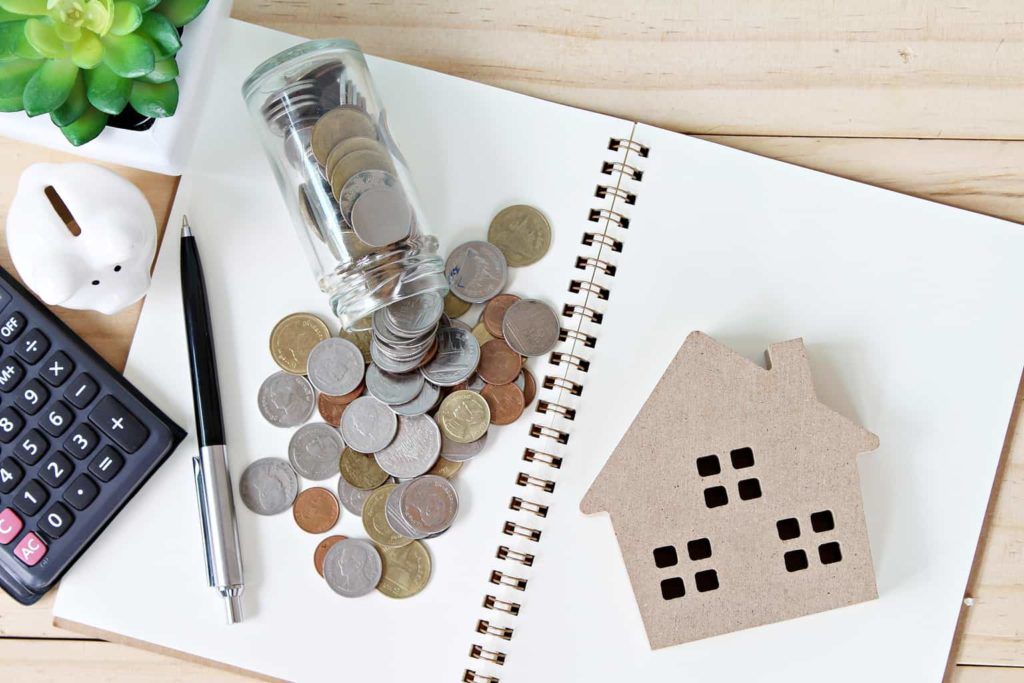For the vast majority of us, our mortgage is the single largest financial commitment we’ll make. Whilst this is the greatest expense we’re likely to see in our lifetime, it also presents the greatest opportunity to make the biggest savings. Searching for the best remortgage deals can help you to find a better rate.
Remortgaging is the process of switching your current mortgage to a new lender who can offer a better deal. If you’re looking at remortgaging your property you should consider the following:
Affordability
The most important thing to consider when looking to remortgage is whether you can still afford the monthly payments. Lenders now apply stricter affordability checks than they once did. Some have found them difficult to pass, even for a cheaper deal than they are currently on.
Costs for leaving your current deal
Exit fees – also called a ‘deeds release fee’ or ‘admin charge’ – are a fee that you will usually have to pay for your current lender to forward on your title deeds to your solicitor. If you are leaving your current deal earlier than contracted then you might also be penalised with an Early Repayment Charge (ERC).
New mortgage costs
Even if remortaging results in lower monthly payments you will be required to make payments to take out the new mortgage. Most products require mortgage fees, which includes arrangement fees and a booking fee. Additionally, you will also have to pay a conveyancing fee, a broker fee and a valuation fee. If you’re unsure what these terms mean, referring to our Mortgage Jargon Buster might be useful.
Your credit score
Having a good credit score probably goes without saying when trying to get any kind of mortgage product. Unfortunately, if you’re suffering from bad credit then this isn’t something you can quickly fix. However, there are still mortgage brokers, including Clever Mortgages, who will help find you a remortgage deal if you have bad credit.
If you know you have bad credit then there are a number of ways you can increase your credit score for future borrowing.
The level of equity in your property
Much like a good deposit helps when you’re a first-time buyer, decent equity helps when you’re looking to remortgage. Unlike your deposit, however, the equity in your property will hopefully have grown over time with an increase in property values. This lowers the loan to value (LTV) of what you want to borrow, making you eligible for a better rate.
A valuation of your property can allow you to work out your house price and the level of equity you have within the property. Valuation fees are often included for free as part of your remortgage package, but you should make sure of this beforehand.
Which type of mortgage?
When comparing mortgages you should also look at the different types of mortgage available. Below is a guide to help you decide which option is right for you:
| Interest-only mortgage | These allow you to pay off only the interest on the amount you borrow. At the end of the mortgage term you use your savings or investments to pay off the remaining amount. |
| Capital repayment mortgage | Where you gradually repay the money you have borrowed from your lender with added interest. This is paid back monthly over the mortgage term. |
| Fixed rate mortgage | Where your interest rate stays the same for a set time period (usually between 2-10 years). This means that your repayments are exactly the same each month, regardless of what happens to mortgage rates. |
| Variable rate mortgage | Where the interest rate goes up and down in line with the lenders Standard Variable Rate (SVR). This means that your payments can go up or down depending on the interest rate at that time. |
| Discount mortgage | When a reduction is applied to the lenders Standard Variable Rate (SVR) for a set time period (typically 2-3 years), allowing you to make lower repayments during this time. |
| Tracker mortgage | This is similar to a variable rate mortgage, where the interest rate can fluctuate. Rather than tracking the lenders SVR, they track a nominated interest rate. This is usually the Bank of England interest rate. |
| Capped mortgage | This is the same as a variable rate mortgage but the interest rate can never rise above a set “cap”. |
| Offset mortgage | These mortgages are linked to your savings account as well as your current account. Interest is only payable on your mortgage balance minus any savings balance. |
Speak with a mortgage expert
If you need further advice on what you should be aware of when remortgaging, then one of the best options is to speak with a mortgage broker. Request a callback with a member of our team to speak with one of our mortgage advisers.



